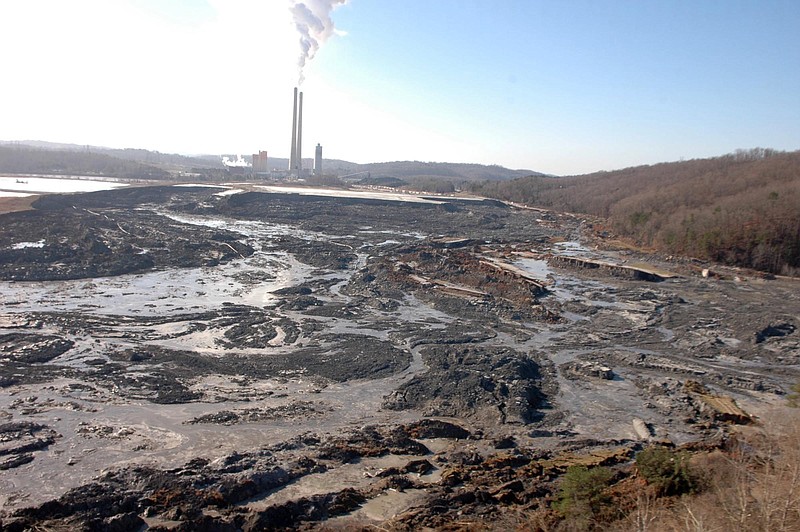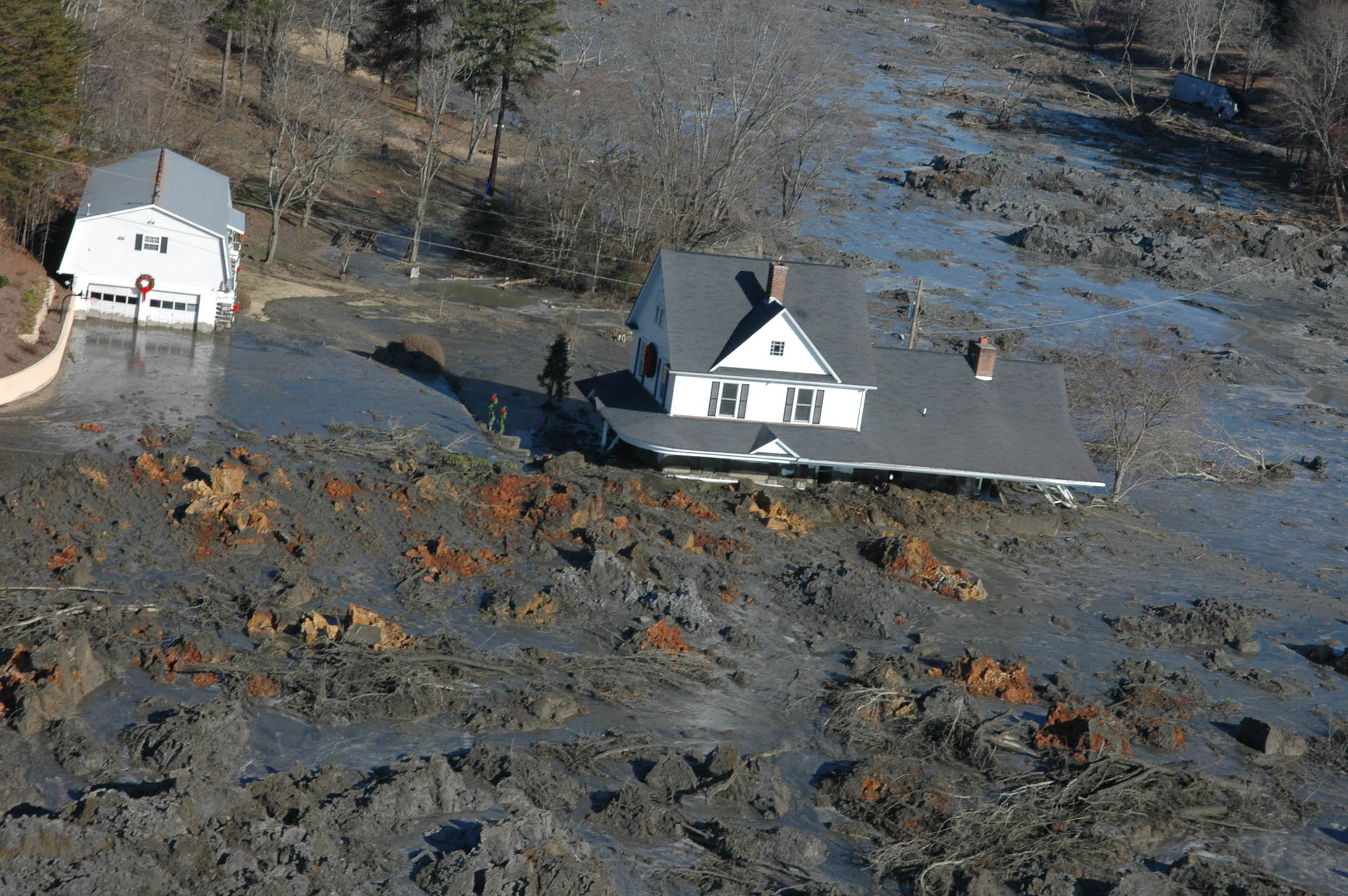NASHVILLE -- Tennessee officials today ordered the Tennessee Valley Authority to investigate, assess and remedy problems with all coal-ash deposit sites across the state.
Environment and Conservation Commissioner Bob Martineau's order follows the federal coal combustion residual (CCR) and is intended to ensure not only that the state keeps abreast of the federal electric utility's progress in complying with the federal rule but goes beyond it as well.
"Our goal in issuing this Order is to ensure that historical coal ash disposal sites are addressed in a manner that is fully protective of both the public health and the environment, as well as meeting state and federal requirements," Bob Martineau said in a news release. "The Order addresses all CCR disposal areas in the state, even those not under the jurisdiction of the federal rule."
In 2008, TVA began a national debate over coal ash when a dike at a solid-waste containment at the utility's Kingston Fossil Plant broke, releasing a 1.1 billion-gallon torrent of slurry into the Emory River and then Clinch river.
The state says its order goes "far beyond the requirements of the federal CCR rule." TVA is being ordered to study and address all "CCR disposal areas," including all permitted landfills, all "non-registered" landfills that existed before being subject to regulation and all current and former surface water impoundments containing coal combustion residual.
TVA will also have to provide public notice and opportunities to comment on each Environmental Investigation Plan and each Corrective Action/Risk Assessment plan at its sites all across Tennessee.
TDEC Deputy Commissioner Shari Meghreblian called public particicipation "key" to all this, noting that "allowing the public input into the site investigation, assessment and remediation process is important to the quality of the final outcome at each site."
TVA, moreover, must pay all costs associated with the state's oversight of how TVA implements the order. If TVA doesn't meet requirements, the federal utility is subject to $5,000 penalties for each instance of noncompliance and $1,000 a day until the problem is remedied.
The order also reserves the right to further assess TVA additional civil penalties or damages incurred by the State. The right to order further investigation, remedial action, and/or monitoring and maintenance is also specifically reserved.

